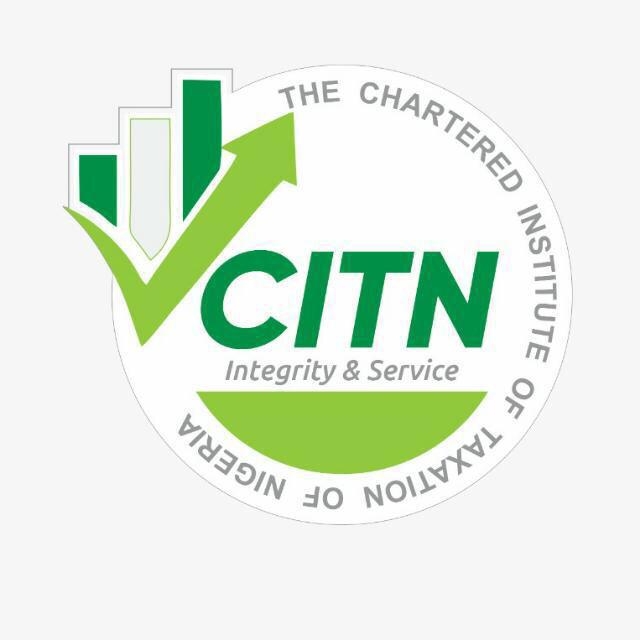CITN advocates trust, professionalism, reforms to enhance tax compliance

Chartered Institute of Taxation of Nigeria CITN
Nike Popoola
Tax professionals in Nigeria have emphasized the need for enhanced professionalism and strategic reforms to improve the rate of tax compliance in the country.
They made this call during the closing ceremony of the 27th Annual Tax Conference of the Chartered Institute of Taxation of Nigeria (CITN).
Speaking on the topic “Tax Law and Administration: Challenges of Compliance,” Ade Ipaye, Principal Partner at Vantage Attorneys LP, highlighted three key models to improve tax compliance: trust, service, and enforcement.
“The enforcement model emphasizes strict measures—such as levying distress and imposing penalties—regardless of the impact on business sustainability,” Ipaye noted.
He explained that the service model positions tax authorities as service providers, treating taxpayers as valued customers. Meanwhile, the trust model promotes a mutually beneficial relationship, grounded in perceived fairness and transparency.
Citing a 2019 study involving 5,000 participants, Ipaye revealed that 81% of respondents blamed non-compliance on the government’s failure to deliver public goods and services. He added that tax evasion is often a form of protest in societies where governments are viewed as wasteful, inefficient, or corrupt.
Yomi Olugbenro, Partner and West Africa Tax Leader at Deloitte, addressed the theme “Tax Practice in Nigeria: Balancing Professionalism and Ethics.” He stressed the need for high ethical standards and professionalism, stating that practitioners who uphold these values will thrive under any regime.
“Driving professionalism requires commitment, consistency, and collaboration,” he said. “CITN, as the supervising professional body, plays a vital role in upholding these standards.”
Tope Fasua, another seasoned tax professional, spoke on “Taxation and Stakeholder Engagement: Ensuring Accountability, Transparency, and Sustainable Practices.” He emphasized the importance of clear goals, defined responsibilities, effective communication, progress monitoring, and trust-building through feedback and early conflict resolution.
The conference concluded with a shared commitment to elevating Nigeria’s tax system through ethics, stakeholder collaboration, and strategic reforms.




